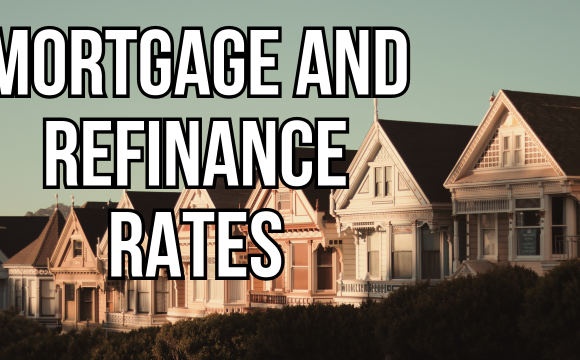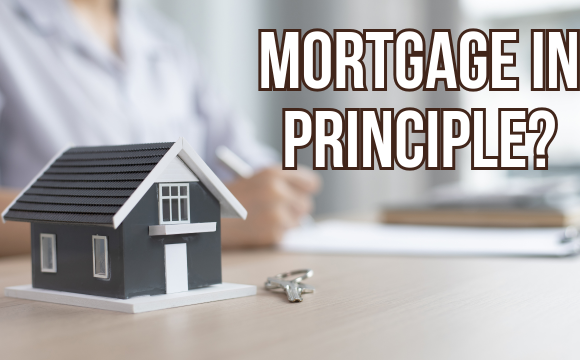Introduction
When you’re shopping for a home, one of the most important things to consider is the mortgage interest rate. Why? Because it directly affects your monthly payments and the overall cost of your home. But what exactly are mortgage interest rates, and why do they fluctuate? Let’s dive into the details.
Basics of Mortgage Interest Rates
Fixed vs. Variable Rates
A fixed-rate mortgage offers a stable interest rate over the life of the loan, making it predictable and easy to budget for. On the other hand, a variable or adjustable-rate mortgage (ARM) can fluctuate based on market conditions, starting low but potentially increasing over time.
How Mortgage Interest Rates Are Determined
Mortgage rates are influenced by a combination of economic factors, government policies, and individual borrower profiles. These include the economy’s overall health, Federal Reserve policies, and the borrower’s creditworthiness.
Factors Influencing Mortgage Interest Rates
Economic Indicators
Economic growth, unemployment rates, and inflation all play a role. For instance, a booming economy often leads to higher rates due to increased demand for borrowing.
Federal Reserve Policies
The Federal Reserve doesn’t set mortgage rates directly but influences them by adjusting the federal funds rate. When the Fed raises rates, mortgage rates usually follow suit.
Borrower’s Credit Score
Your credit score tells lenders how risky it is to lend to you. A higher credit score typically results in a lower interest rate.
Loan Type and Terms
The type of mortgage and its duration also impact the rate. Shorter-term loans, like 15-year mortgages, usually have lower rates than 30-year loans.
Types of Mortgages and Their Rates
Fixed-Rate Mortgages
This is the most popular type of mortgage, offering consistent monthly payments.
Adjustable-Rate Mortgages (ARMs)
These loans start with a low introductory rate, which adjusts periodically based on the market.
Interest-Only Mortgages
With these, you pay only the interest for a set period, resulting in lower initial payments but a higher long-term cost.
FHA and VA Loans
Government-backed loans often have lower rates, making them a great option for eligible buyers.
How to Shop for the Best Mortgage Interest Rate
Comparing Lenders
Don’t settle for the first offer. Shop around and compare rates from multiple lenders
Importance of Pre-Approval
Getting pre-approved not only speeds up the home-buying process but also locks in a competitive rate.
Role of Loan Points
Paying for points can lower your interest rate. While it requires an upfront investment, it can save you money in the long term.
Understanding Annual Percentage Rate (APR)
APR vs. Interest Rate
While the interest rate focuses solely on the cost of borrowing, APR includes additional fees, giving you a more accurate picture of the loan’s cost.
Why APR Matters
A low interest rate might be tempting, but a high APR could mean hidden costs. Always compare both.
Current Trends in Mortgage Interest Rates
How to Stay Updated
Keep an eye on financial news and consult with your lender to understand rate trends.
Key Market Influences
Global events, economic data, and even geopolitical factors can sway rates.
Impact of Mortgage Interest Rates on Monthly Payments
Breakdown of Principal vs. Interest
A higher interest rate means a larger portion of your payment goes to interest rather than reducing your loan balance.
Long-Term Cost Implications
Even a slight increase in rates can add tens of thousands of dollars to your total repayment.
Strategies to Secure a Lower Mortgage Interest Rate
Improving Your Credit Score
Pay off debts and ensure timely bill payments to boost your creditworthiness.
Saving for a Larger Down Payment
The more you put down upfront, the less you’ll need to borrow, resulting in a better rate.
Refinancing Options
If rates drop after you’ve secured your mortgage, refinancing could save you money.
The Role of Inflation in Mortgage Rates
Inflation Trends and Their Effect
As inflation rises, mortgage rates tend to increase. Staying informed can help you time your purchase strategically.
Regional Variations in Mortgage Interest Rates
Why Rates Differ by Location
Local housing demand and economic conditions can create significant variations in rates.
Urban vs. Rural Areas
Rates may be slightly higher in metropolitan areas due to increased demand.
Myths About Mortgage Interest Rates
Common Misconceptions
One common myth is that the lowest rate always means the best deal. Not true—APR and fees matter too.
Debunking Myths
Another myth? You can’t negotiate rates. You absolutely can!
Mistakes to Avoid When Choosing a Mortgage Rate
Ignoring APR
Failing to consider APR could cost you more in the long run.
Focusing Solely on the Rate
Rates are important, but don’t forget about terms, fees, and lender reputation.
Future Predictions for Mortgage Interest Rates
Expert Forecasts
Analysts predict that rates will continue to fluctuate based on inflation and economic growth.
How Homebuyers Can Prepare
Keep your finances in check and stay informed to act quickly when rates drop.
Conclusion
Mortgage interest rates are a complex but crucial part of the home-buying process. Understanding the factors that influence rates and how to navigate them can save you thousands of dollars over the life of your loan. Take your time, shop wisely, and don’t hesitate to ask questions.
FAQs
- What is a good mortgage interest rate in 2025?
A good rate depends on market conditions and your credit profile. Always compare lenders for the best deal. - How can I lower my mortgage interest rate?
Improve your credit score, save for a bigger down payment, or consider refinancing if rates drop. - Are adjustable-rate mortgages risky?
They can be if rates increase significantly. However, they may be a good option for short-term buyers. - How often do mortgage rates change?
Rates can change daily or even multiple times within a day, depending on market conditions. - Is it worth paying points to lower my interest rate?
It can be, especially if you plan to stay in the home long-term. Calculate the break-even point to decide.






